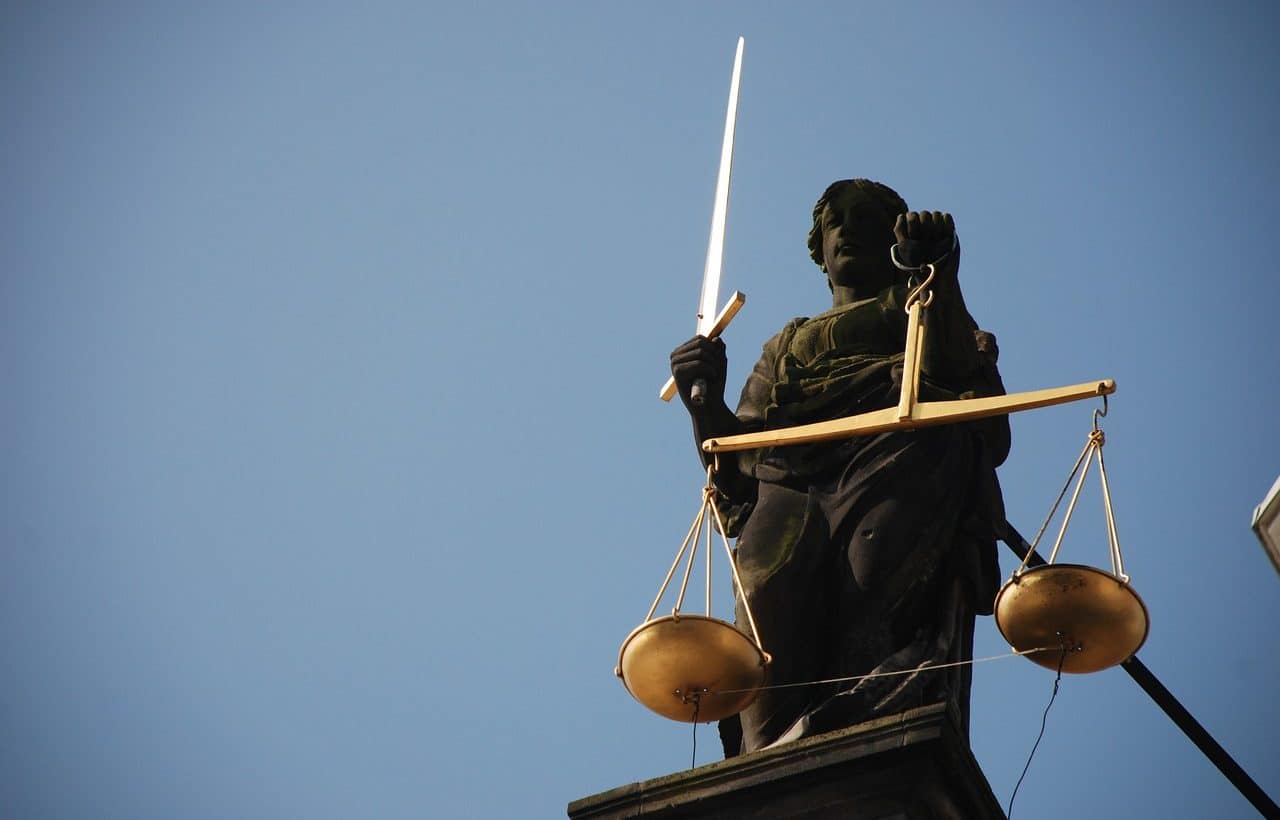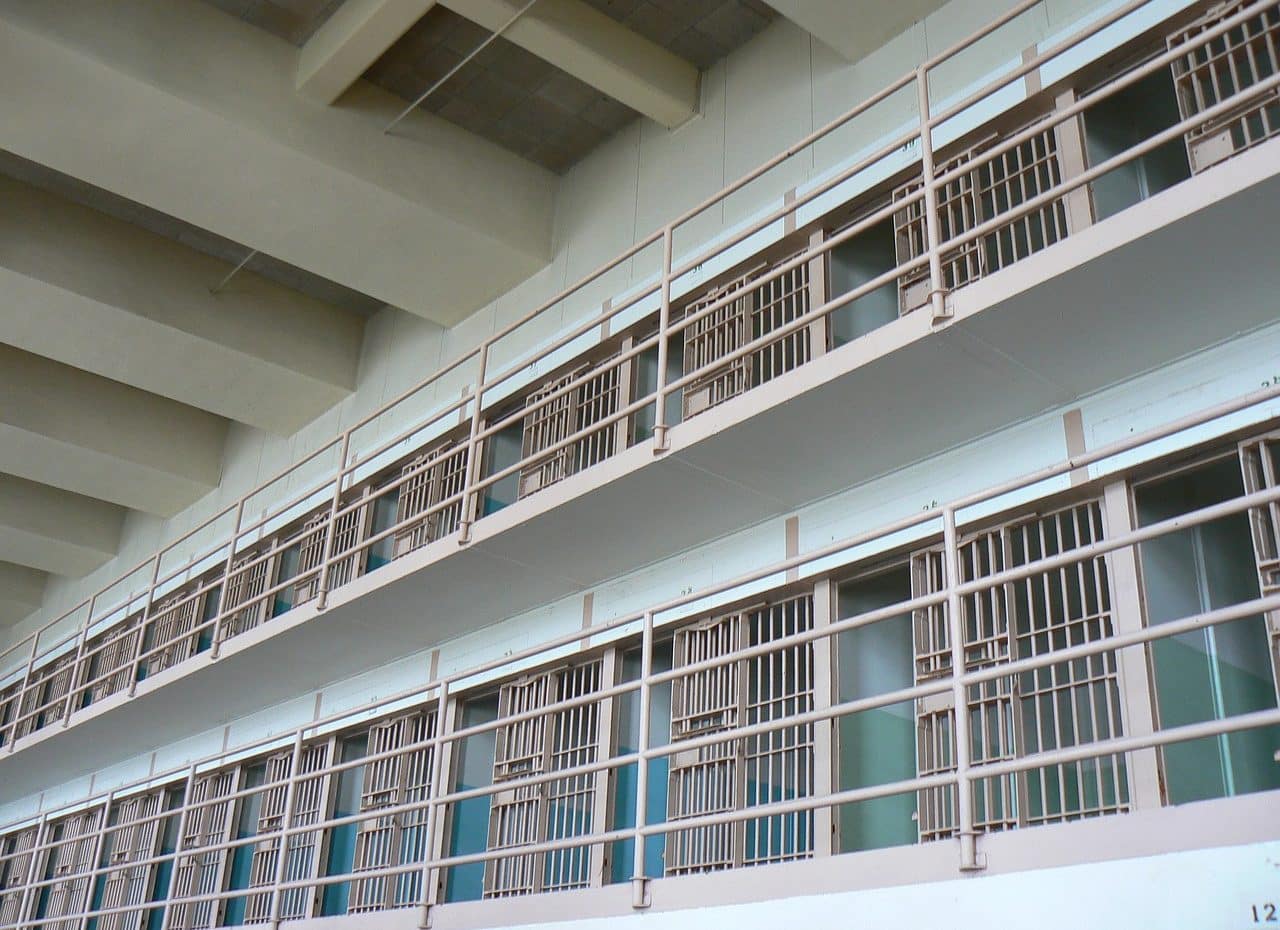
The Judiciary must function with equity.
The judicial power is the state power that allows the administration of justice through the application of laws . In this way, the State resolves disputes , protects the rights of citizens and enforces the obligations and responsibilities inherent to each part of society.
It should be noted that every State has three basic powers: the executive branch , the legislative branch and the judicial branch . Through these powers, which are exercised through various institutions, the State can develop, modify and apply laws, in addition to executing public policies.
The Judiciary as a set of institutions
When the concept appears written with initial capital letters ( Judiciary ), it refers to the bodies and institutions that are responsible for the application of legal regulations, such as courts and tribunals . Under a democratic system, the Judicial Branch functions autonomously with respect to the Executive Branch and the Legislative Branch, in such a way that impartiality is guaranteed in its rulings.
The Judicial Branch, in this way, can protect the citizen from possible abuses committed by the Executive Branch or the Legislative Branch. The functioning of the Judicial Branch, in turn and like the rest of the powers, is governed by the Constitution (which brings together the fundamental norms that regulate the activity of the State).
Guarantee of freedom
If the president of a country (top leader of the Executive Branch) commits an abuse of power and violates the rights of citizens, the Judiciary can safeguard the interests of the people through various remedies. On the other hand, if the person who acts badly is an official of the Judicial Branch, the Legislative Branch has the power to subject him to impeachment .
According to the classic theory of Charles Louis de Secondat , a political thinker popularly known as Montesquieu and author of one of the most influential legacies of the Enlightenment, thanks to the balance of powers, citizens are guaranteed their freedom. Unfortunately, this does not always happen since the separation of powers is not always applied in practice and pressures and interference are frequent.

A ruling issued by an authority of the Judicial Branch can send a convicted person to a prison cell.
Operation of the Judiciary
The functioning of the Judicial Branch is permanent; Its organs are stable and have functions that cannot be delegated. It is important to highlight that the Judiciary does not have the power to act ex officio (when a judicial proceeding is initiated without the interested party having acted), but must do so at the request of a party (when the interested party demands its action), and He cannot judge the contents of the law except according to it.
A concept highly linked to the Judicial Power is jurisprudence , since it represents the group of decisions made by the courts with respect to a given matter. Through the analysis of jurisprudence it is possible to know the interpretation that judges give to each case, and this makes it a fundamental element of the unifying principle.
The unifying principle of jurisprudence refers to the search for coherence between the interpretations of judges on the same matter , and the Supreme Court of Justice is the body that applies it. Jurisprudence, therefore, is a doctrine that requires knowledge of the past to decide how to act in the present: through the study of past rulings it is possible to determine the best way to apply the laws.

The International Criminal Court is an organ of a supranational judiciary.
The Supreme Court of Justice
The highest representative of the Judicial Branch is the Supreme Court of Justice and its main function is to control the legality and constitutionality of the acts carried out by the Public Power, basing its exercise on the laws and the Constitution.
It has functional, administrative and financial autonomy and is made up of different chambers , including the criminal, constitutional, electoral and social chambers. These chambers, in turn, consist of magistrates.
Judicial Branch Processes
A judicial procedure is carried out respecting the constitutional guarantees of citizens. All people, for example, have the right to a fair trial and to have the assistance of a public defender (lawyer), regardless of the crime they are trying to prosecute.
In a trial, broadly speaking, one party presents an accusation against another, with the judge or jury (in the case of a jury trial) being the ones who must determine if there was any action contrary to the law. Depending on whether it is a civil case or a criminal case, magistrates must consider the legal codes that criminalize illegal acts.
In this way, through interrogations, analysis of evidence, contributions from witnesses and other resources, the competent authority is in a position to issue a judicial ruling . If the accused's defense considers that said ruling is not correct, they can file an appeal for another body to review the decision.
Although it is understood that justice can be administered thanks to these mechanisms, judicial corruption exists. Likewise, judges can make mistakes or have a vision that does not accompany what is considered by society beyond what is strictly legal. That is why the Judiciary is often criticized.
